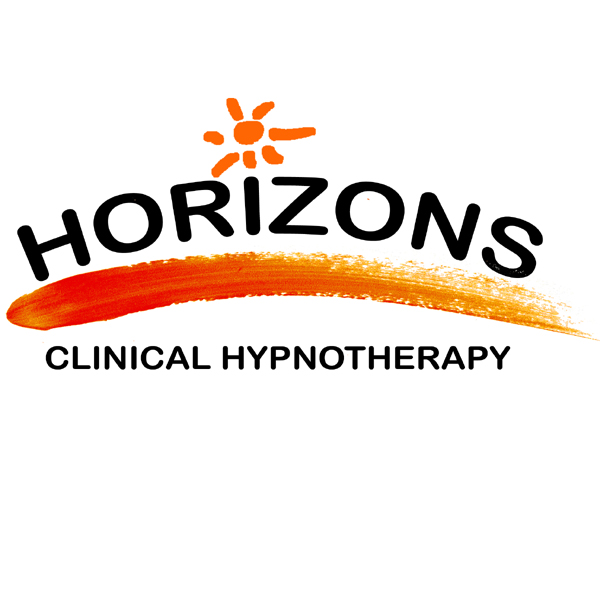I am often asked if self-hypnosis works. The answer is complex because there are so many variables. But yes it can work, if you know what you’re doing, if you understand the process, and if you are prepared to repeat the session a number of times.
What do I need to know for self-hypnosis to work?
In my experience you need to know how the hypnosis process works. That’s because understanding is part of the process of healing. Setting the frame and understanding that frame allows you to be involved, a participant rather than an uniformed recipient.
In my clinic, I always explain what I’m doing with hypnosis and neuro-linguistic programming (NLP). By understanding my approach and intention, my client becomes engaged in the process. Without engagement, it all falls flat, and that’s because hypnosis and NLP are not mind control devices. In fact you, the client, are in control. If you don’t want to go into hypnosis, you won’t.
So knowing about what is happening when you do self-hypnosis or NLP is essential. It inspires commitment and the intention to succeed.
Knowing how to do the self-hypnosis and NLP is also essential. There is a lot of room for ad lib in these processes, but unless you know how they work and what parts you can change, you run the risk of messing the whole thing up. You might even make things worse.
I always teach my clients processes to do at home, as well as providing them with a recorded hypnosis session. But there is a massive difference between just listening to a recording or a track you download from YouTube, and doing it in an informed way.
Rinse and Repeat – why repetition is important
Hypnosis relies upon replacing old ideas and beliefs, as well as installing new ideas. If you consider that the subconscious mind has been doing its old patterns for some time, you need either STRONG impact or repetition of the new ideas, in order in order to make a change.
We usually encounter strong impact through adversity – fear, danger, a physical impact that rattled the senses. Sometimes we can experience a strong impact in a positive way too, such as through an outrageously fun event that we remember for the rest of our lives, or even falling in love, if we do it with intensity. But usually, its the negative impacts that strike us the most.
Think of someone with anxiety – it may have begun with a car accident that rocked the senses. Perhaps it started with physical abuse that was physically impacting and emotionally impacting. It may have started with feeling overwhelmed and out of control due to stress and the incapacity to manage demands. Maybe it was more insidious and started slowly, a long time ago, with a rejection or a feeling of not being good enough – as a kid, at work, in a love relationship, whatever.
To change that pattern, which has made its way into the nervous system, you need repetition with hypnosis. Less so with NLP but still, you need to get the new messages through the old barricades of fear and overwhelm. So you need to be prepared to repeat processes and to be disciplined about it.
Effectiveness of Self-hypnosis?
It’s usually easier for people to come into the clinic and be guided. Because it’s easier, it’s often more effective because the client will turn up and will follow along. But I’ve had a few clients who were not committed and they did not get the results they wanted. They believed that hypnosis and NLP were like magic pills and that they didn’t need to do anything. Wrong. Remember what I said about being engaged in the process?
Self-hypnosis and NLP can be just as effective as therapist led, if you are committed. I do it on myself all the time, after all. So if you are prepared to learn about it, apply it and repeat it, you will have w very good chance of success. If you need someone to start you off, come into the clinic. We can help, Horizons Clinical Hypnotherapy Sunshine Coast.

